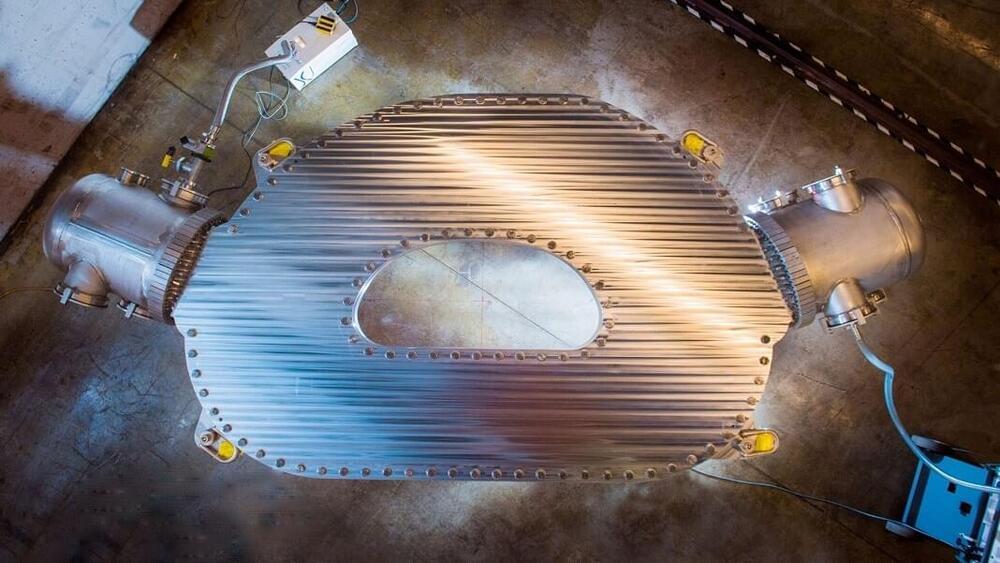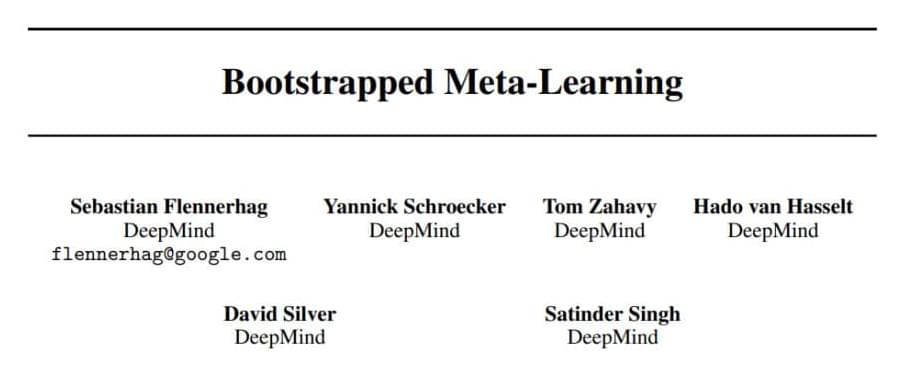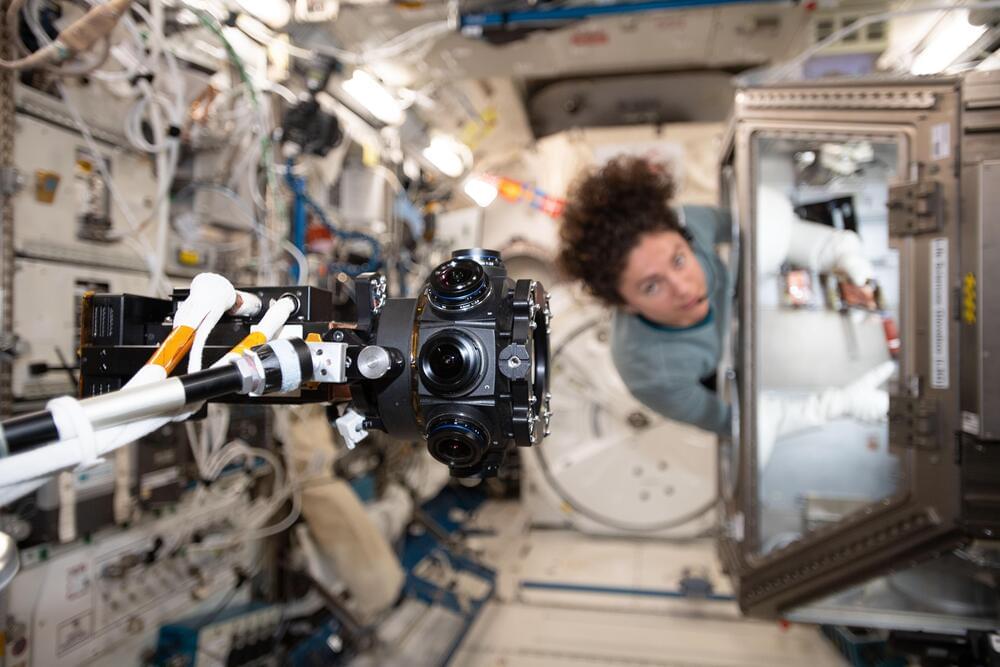As artificial intelligence grows in intelligence, militaries are incorporating the tech into their arsenal. From Minority Report style predictive AI to anti-aging research, AI is steadily being introduced to everything. In one bizarre example, the Israeli military has created an AI Sniper Rifle.
Reported by The New York Times, Israeli operatives carried out an assassination mission with an AI Sniper Rifle. Conducted in November 2,020 the Israeli military used a “souped-up, remote-controlled” rifle to kill Iranian nuclear scientist Mohsen Fakhrizadeh. The military had been chasing the target “for at least 14 years”.
The Israeli military has reportedly used an AI Sniper Rifle to assassinate Iranian nuclear scientist Mohsen Fakhrizadeh after 14 years of trying.






